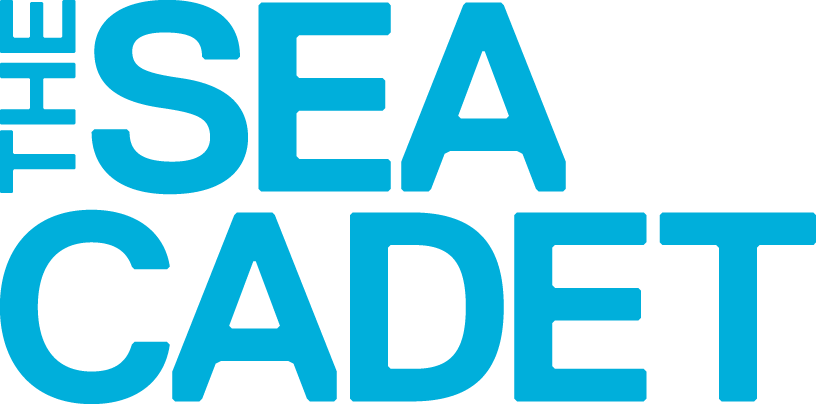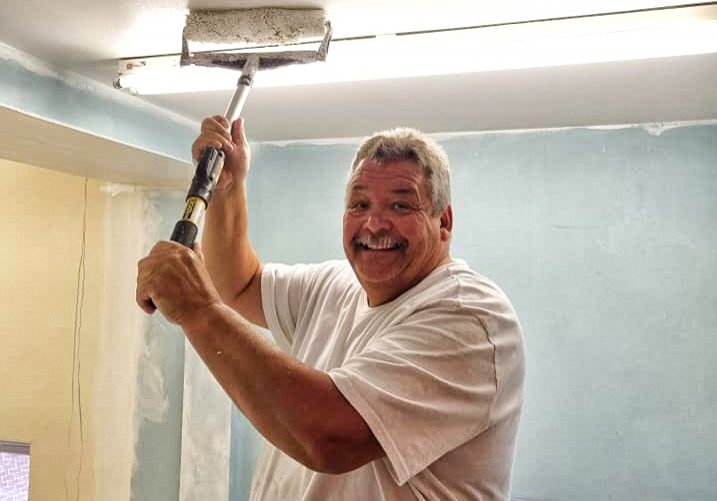How to eat a healthy diet
You need lots of energy to take part in Sea Cadets activities, so make sure you’re always ready with this advice from the NHS about eating healthy foods

Have a balanced diet
Eating healthily is all about having lots of different foods in your diet, to give give you different vitamins and nutrients. This doesn’t mean you can’t have treats sometimes, but these should be in small
amounts and not too often.
Don’t skip breakfast
Skipping meals means you’re missing out on important nutrients and energy. Start your day with a breakfast that includes the vitamins and minerals you need, like porridge, muesli or other low-sugar cereals with whole grains.
Stay hydrated
Aim to drink 6–8 glasses of fluid a day, like water and low-fat milk or milk alternatives. Limit juices and smoothies to one small glass (150ml) a day, because of how much sugar they have in them.
Get your 5-a-day
Fruits and vegetables can provide many of the nutrients your body needs while you’re growing. Aim to eat at least five portions of different fruits and veggies every day. Choosing different colours helps you get a good mix.
Switch up your snacks
Foods and drinks high in fat, sugar and salt – like sweets, chocolate, biscuits, fizzy drinks, energy drinks and crisps – can lead to an unhealthy body. Try healthier options like low-fat hummus and veggies, or rice cakes with light cream cheese.
You can learn more on the NHS website.
Got a thing for food?
Do you have an interest in cooking up balanced meals and learning more about nutrition?
Why not take a catering course with Sea Cadets? Look it up on the Sea Cadets Portal to find out more.
If you need help…
If you think you might have an unhealthy relationship with food, find help here.
Illustration by Carys Tait
More Advice

Careers: How to become a submariner
Ever wondered what it’s like to work underwater? Mechanical engineer Lt. Isobel Rawlinson talks about her role, and rowing across the Atlantic


